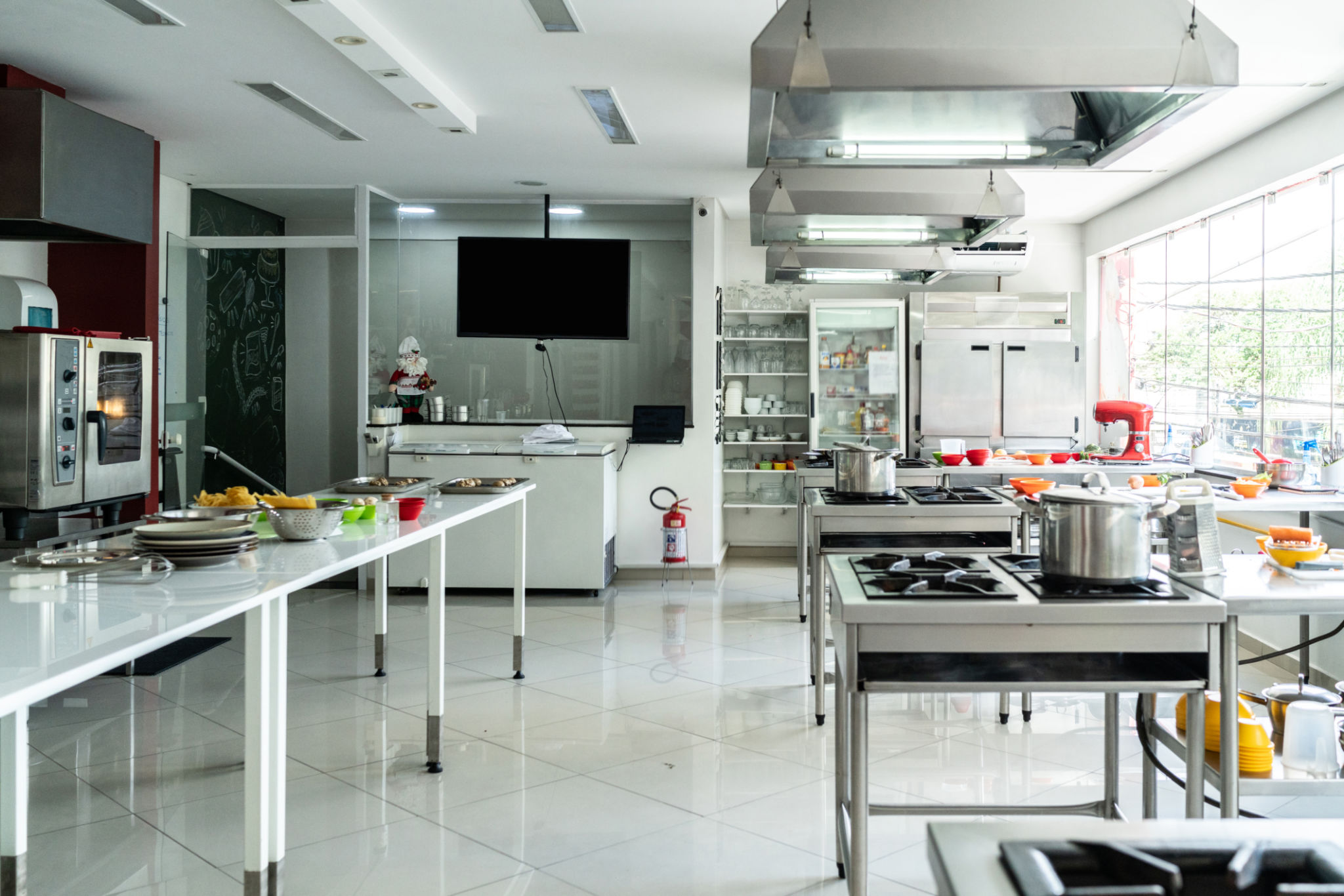Why Regular Kitchen Suppression System Inspections are Crucial for Restaurants
The Importance of Kitchen Suppression Systems
For restaurant owners, ensuring the safety of their establishment is paramount. One critical aspect of safety is maintaining a reliable kitchen suppression system. These systems are designed to extinguish fires that may occur in commercial kitchens, which are high-risk areas due to the presence of open flames, hot oils, and electrical equipment. Regular inspections of these systems are not just a regulatory requirement but a crucial practice to protect both staff and customers.
Kitchen suppression systems are specifically engineered to tackle fires in a restaurant setting, where traditional fire extinguishers might not be effective. They use specialized agents to douse flames quickly, minimizing damage and potential harm. Without regular maintenance and inspections, these systems might fail when needed most, leading to catastrophic consequences.

Compliance with Fire Safety Regulations
Restaurants are subject to strict fire safety regulations that mandate regular inspections of kitchen suppression systems. Compliance with these regulations is not optional; it is a legal requirement that ensures the safety of everyone in the establishment. Failure to adhere to these guidelines can result in hefty fines, legal issues, and even the closure of the business.
Moreover, insurance companies often require proof of regular inspections to validate coverage. In the event of a fire, having up-to-date inspection records can significantly affect the outcome of an insurance claim. Therefore, maintaining an inspection schedule is both a legal and financial necessity.
Ensuring System Efficiency and Longevity
Regular inspections help ensure that the kitchen suppression system remains in optimal working condition. During an inspection, professionals check for wear and tear, potential obstructions, and any other issues that could impair the system's functionality. By addressing these issues proactively, restaurants can avoid costly repairs or replacements and extend the lifespan of their suppression system.

Additionally, regular maintenance can uncover minor malfunctions before they escalate into major problems. A well-maintained system is less likely to experience unexpected failures, providing peace of mind to restaurant owners and staff.
Protecting Lives and Property
The primary goal of a kitchen suppression system is to protect lives and property. In the event of a fire, a properly functioning system can quickly suppress flames, reducing the risk of injury and minimizing damage to the restaurant. This rapid response is crucial in preventing fires from spreading to other parts of the building or neighboring properties.
By prioritizing regular inspections, restaurant owners demonstrate their commitment to safety and their responsibility towards their employees, customers, and community. This proactive approach not only safeguards lives but also protects the business's reputation.

Maintaining Customer Confidence
Customers expect a safe dining experience when visiting a restaurant. Knowing that an establishment prioritizes safety by regularly inspecting its kitchen suppression system can enhance customer confidence. A commitment to safety reflects positively on the business, fostering trust and encouraging repeat patronage.
Furthermore, in today's digital age, customer reviews play a significant role in a restaurant's success. Negative reviews related to safety concerns can harm a restaurant's reputation and deter potential customers. Therefore, maintaining regular inspections is an essential strategy for sustaining customer trust.
The Role of Professional Inspectors
Engaging professional inspectors for kitchen suppression system maintenance is crucial. These experts have the knowledge and experience to identify potential issues that may not be apparent to untrained eyes. They ensure that all components of the system are functioning correctly and adhere to the latest fire safety standards.
Professional inspections also provide valuable documentation that can be used for regulatory compliance and insurance purposes. This documentation serves as proof that the restaurant has taken all necessary precautions to maintain a safe environment.
Conclusion
In conclusion, regular kitchen suppression system inspections are vital for restaurants. They ensure compliance with legal requirements, protect lives and property, maintain system efficiency, and bolster customer confidence. By prioritizing these inspections, restaurant owners can safeguard their establishments against potential fire hazards and uphold their commitment to providing a safe dining experience for all.
